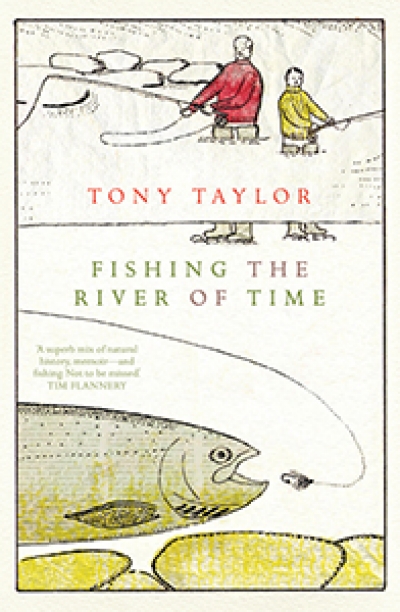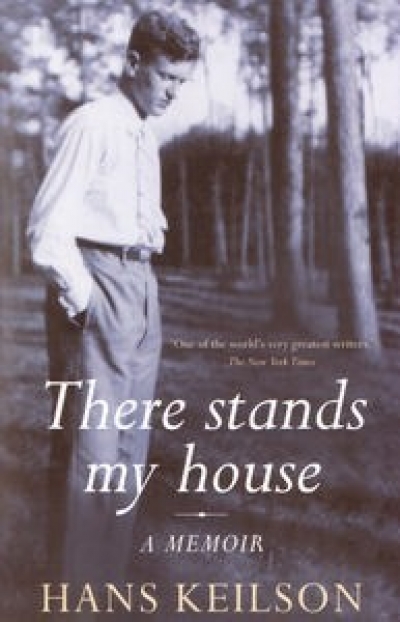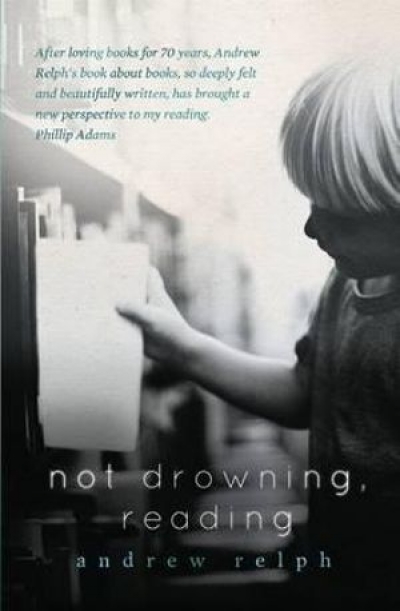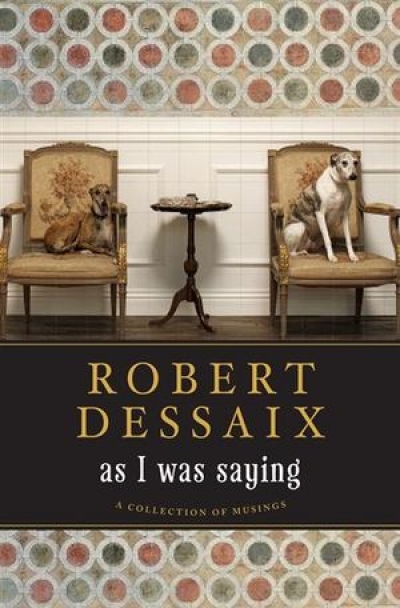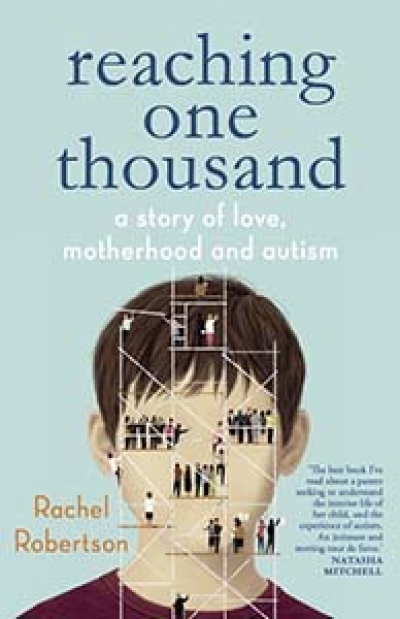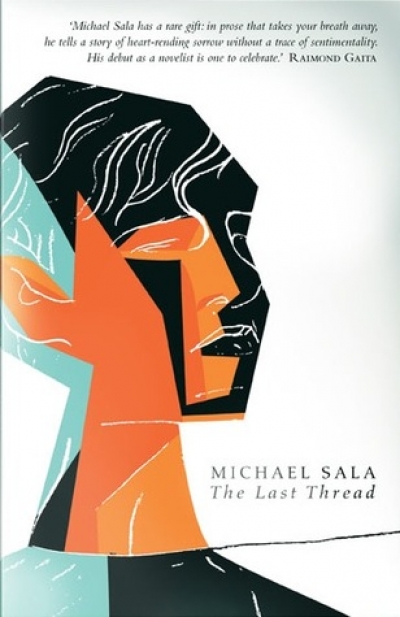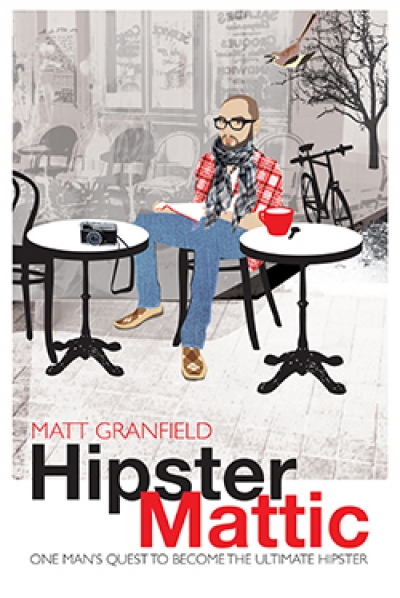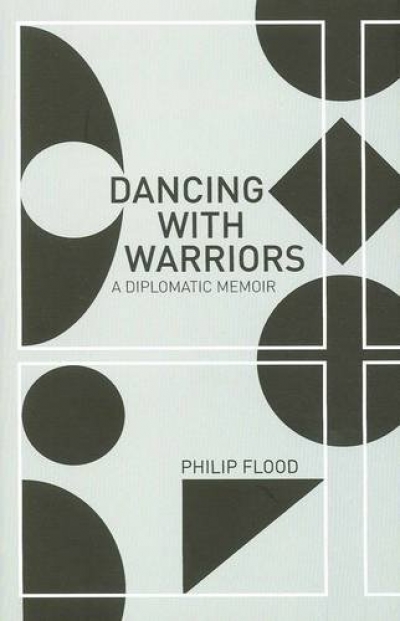Memoir
This is the modest memoir of a remarkable man. At the age of eighty, geologist Tony Taylor travels from Sydney to Vancouver Island to meet his eight-year-old grandson Ned and take him fishing on the Cowichan River. Half a lifetime earlier, in 1968, Taylor had spent a formative two years in that wilderness. He is eager now to give his grandson the same education.
... (read more)For the unacquainted reader, a few facts about Hans Keilson, author of There Stands My House: A Memoir. A German Jew, Keilson fled the Nazis for the Netherlands in 1936. After the war he wrote and published two novels, Comedy in a Minor Key (1947) and The Death of the Adversary (1959), both of which were unread for decades but which have now been rediscovered and received as masterpieces in the Anglophone world. Keilson also had a long, accomplished career as a psychiatrist, specialising in the treatment of children traumatised by war. He died on 31 May 2011 at the age of 101. Scribe is the first house to publish his memoir in English.
... (read more)‘Perhaps,’ Andrew Relph muses, ‘some people love reading but don’t require it.’ Relph is a psychotherapist who grew up in a dysfunctional family in South Africa, with an undiagnosed reading disorder – which he hasn’t exactly overcome. Reading, though vital, is still slow and intense: ‘I read nothing I don’t want to read. I’m like a person with a breathing problem, restricting themselves to oxygen.’
... (read more)‘I’m sitting in my tower, cogitating.’ Well, Dessaix admits, it’s not a real tower, though he likes to think of it that way. Actually, it is an elevated writing room in his house in Hobart, with a view of the mountains to the west. He is cogitating, not meditating – he’s particular about this – and the thoughts he proceeds to capture on the page are those of a mind given to rambling. As he sits there, the train of thought moves off to connect him with other writers in other towers, widely distant in place and time: Vita Sackville-West at Sissinghurst in Kent, Michel de Montaigne in rural France, W.B. Yeats in County Galway, Rainer Maria Rilke at the Château de Muzot in Switzerland.
... (read more)Reaching One Thousand: A Story of love, motherhood and autism by Rachel Robertson
At some stage in every workshop on the art of memoir somebody raises the question of ethics, of privacy, and of who has the right to tell a version of a story. How far, the author of Reaching One Thousand asks, is she prepared to ‘sacrifice other people’s privacy’? What betrayals will she ‘perpetrate on others’?
... (read more)In writing Bite Your Tongue, Francesca Rendle-Short, who is director of Creative Writing at RMIT University, has chosen a thorny tale. She dedicates the book to her mother, Angel, who is clearly a formidable personality: Northern Irish; medical doctor; mother of six daughters; Christian activist; ‘book burner’. Early on, we are told that ‘some stories are hard to tell, they bite ...
Memoir, it seems, is proliferating ever more furiously in Australia, filling bookshelves and review pages like bacteria in still water. We are insatiable in our appetite to read and write memoir, to feel the ‘real’. As a memoirist myself, I am all too aware of my hypocrisy in feeling uneasy about this rage for introspection. But memoir is most successful when it portrays an extraordinary individual; or gives witness to an important experience (accounts of Holocaust survivors, say); or when the personal resonates with the universal, and one person’s experience becomes a prism for that of many. A memoir that hesitates to claim such reader-oriented ratifications risks being a tedious assembly of anecdotes, a public catharsis, or mere narcissism.
... (read more)In the past, a twenty-something could exemplify le dernier cri without having to dispense with his bicycle gears, reflectors, and brakes. Worry not. An infinitely cooler trend – less prone to vehicular mishap – is doubtless on its way to erase fixed-gear bikes, or ‘fixies’, from the palimpsest that is sub-cultural fashion. HipsterMattic, blogger Matt Granfield’s amusing début memoir, records his entrée into the fickle world of sartorial politics, organic produce, and National Bike Polo Championships.
... (read more)A current view among foreign policy academics is that the pursuit of Australia’s foreign interests is too important to be left to the diplomats. Here is a timely antidote from Philip Flood, an Australian diplomat who distinguished himself as a maker and shaper of foreign policy, particularly in South-East Asia.'
... (read more)For a book featuring a lot of sex, The Romantic – whose title could be ironic, acerbic, or hopeful – disgust is not the most obvious predominant motif readers might expect. Yet it punctuates the text, cutting the protagonist, Kate, as she travels through Italy with a stack of Romantic poetry and a desire for freedom – to be ‘a ghost’. Il buon tempo verrà: the good time is coming, she records in her notebook, borrowing words that Shelley had inscribed on a ring. Future tense: Il buon tempo is not part of her present.
... (read more)

